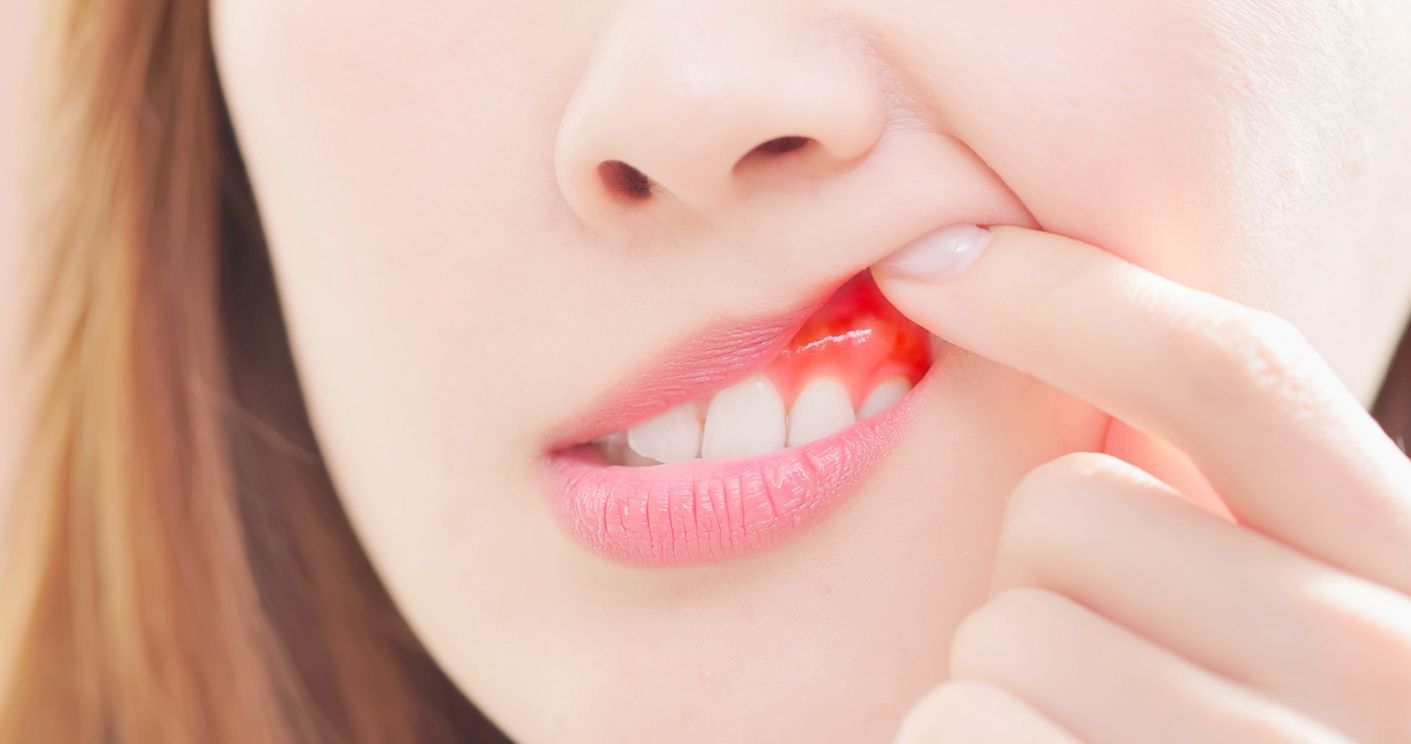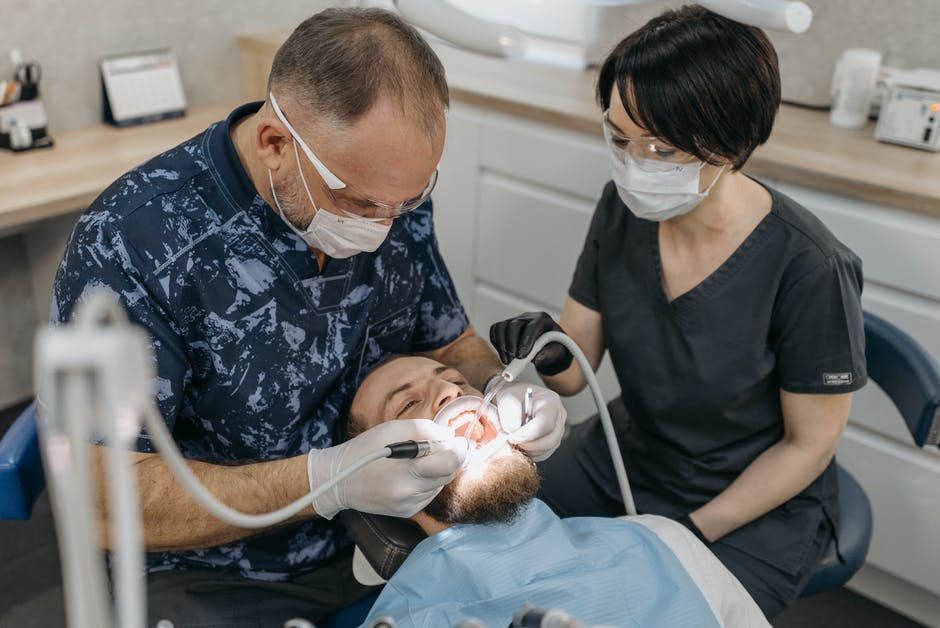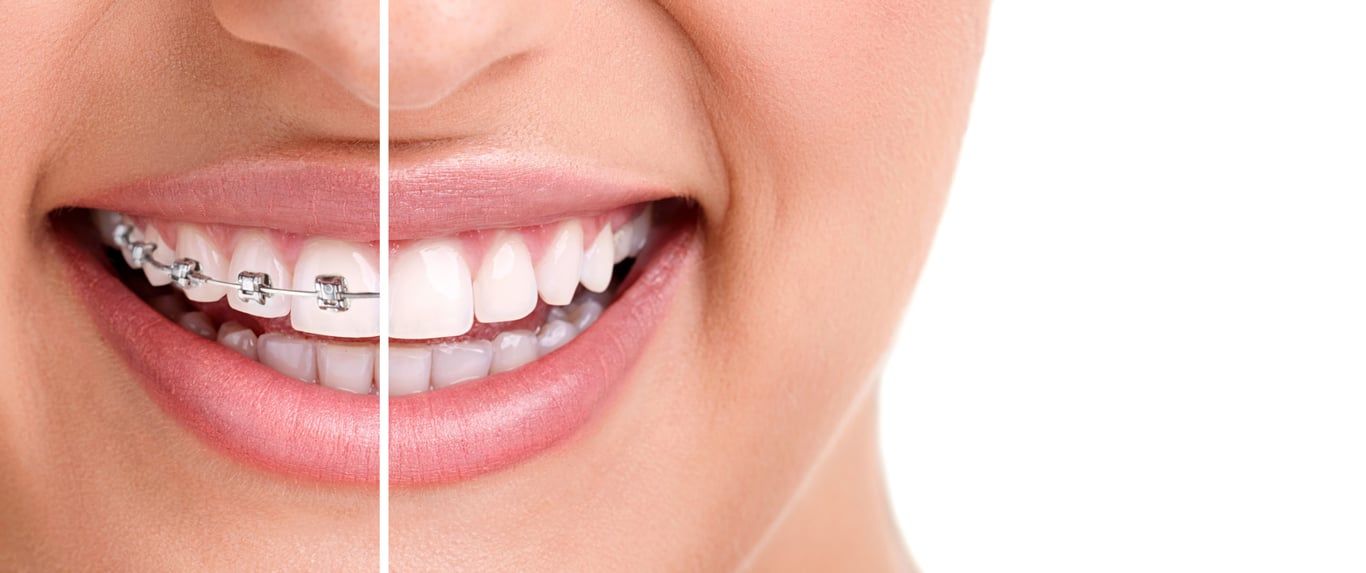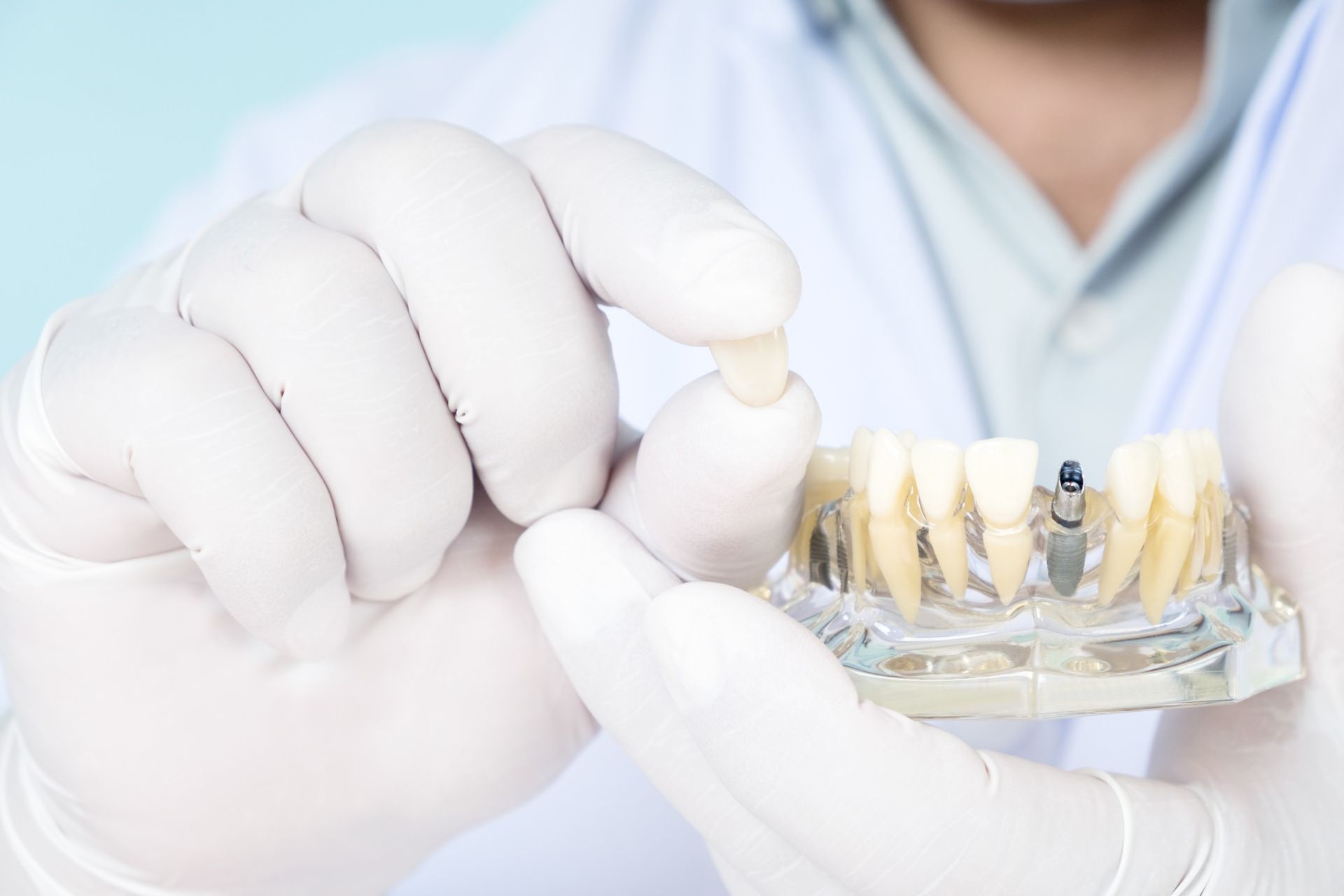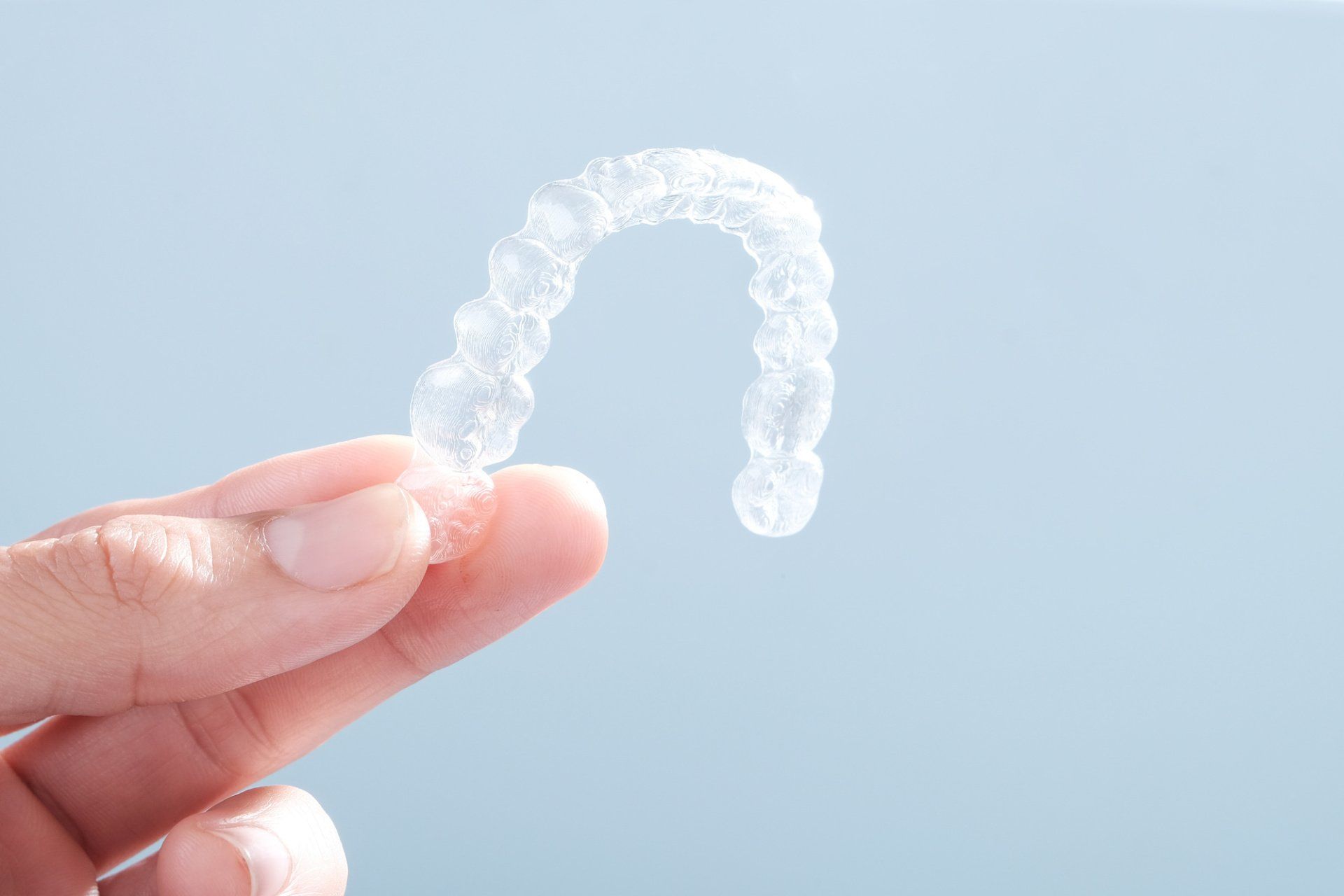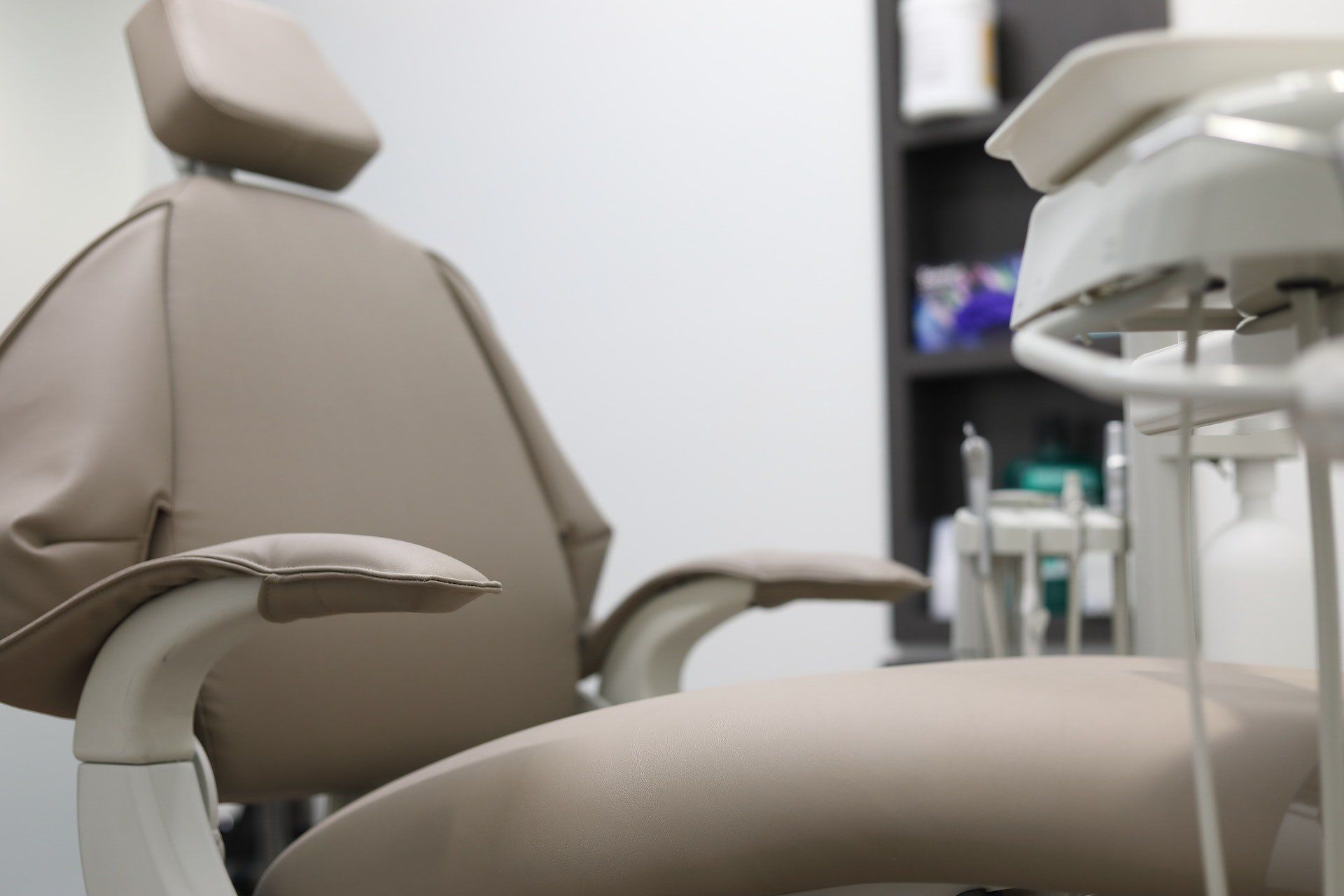Is Teeth Reshaping Right for You? A Guide to Understanding the Procedure
You might assume that the people in your life who smile a lot are smiling because they have a positive outlook on life. What if we told you that it just might be the other way around?
Research shows that smiling can make people feel happier, even when they're feeling a bit blue. If you're hiding your smile because you don't like the appearance of your teeth, you may be missing out on the chance to brighten your day.
Teeth reshaping is a simple procedure that can make a big difference. Are you the right candidate? Read on to learn about teeth reshaping, what it entails, and whether it's right for you.
What Is Teeth Reshaping?
The official name for teeth reshaping is Odontoplasty and it must always be completed by a dental professional. Teeth reshaping is a quick, minimally invasive procedure that you can often complete in a single appointment. The purpose of teeth reshaping is to fix minor problems associated with chipped, cracked, or misaligned teeth.
Teeth reshaping involves removing a small amount of enamel. Your cosmetic dentist will then alter the shape of the tooth, often shortening or lengthening it or creating a smooth, even shape. This may involve additional cosmetic processes and tools like bonding or dental veneers.
The Teeth Reshaping Process
Now that you have a sense of what teeth reshaping is, it's helpful to understand the step-by-step process. Unlike other dental procedures that can take several appointments to complete, most patients will undergo all or most steps in a single appointment.
Step One: Exam and X-Ray
First, your dentist will perform an oral exam to assess the overall health of your teeth and gums. This is a necessary step to determine if you're a good candidate for teeth reshaping. Some patients may not qualify while others may need to undergo additional dental work, like cleanings, before they can have their teeth reshaped.
This exam will include an x-ray to locate the pulp of the tooth. The goal is to establish that the tooth is strong enough and large enough to sustain enamel removal.
Step Two: Teeth Contouring
Once your dentist determines that you are a good candidate for teeth reshaping, they can begin the contouring process right away. As we've already mentioned, this will involve removing a small amount of enamel from the tooth. They may also trim areas that are misshapen or undesirable, which can include shortening a tooth that is too long or removing parts of a tooth that overlap the tooth next to it.
If no extra work is needed, they will smooth and polish the tooth. They may apply a small amount of bonding resin to the tooth for a smoother appearance and added strength.
Bonding resin is always custom-made to match the color of your natural tooth as much as possible. Bonding resin cannot be whitened. If you want whiter teeth than you have now, consider getting teeth whitening done before having teeth reshaped.
Step Three: Additional Cosmetic Work
Some candidates may need additional cosmetic work for ideal end results. For example, if you're self-conscious about a gap between your teeth, your dentist can use bonding resin to close that gap. Bonding resin is also a great solution for cracked or chipped teeth, assuming the damage doesn't threaten the health of the tooth or expose the tooth root.
Many patients have multiple teeth reshaped. If one or more of your teeth are not strong enough for reshaping, your dentist can use dental veneers to cover those teeth if desired.
Who Is a Good Candidate for Teeth Reshaping?
Though you may desire a smile refresh, it's possible that teeth reshaping isn't the right cosmetic procedure for you. For example, teeth reshaping can correct minor misalignments. It is not always an appropriate substitute for braces or other orthodontic interventions.
If you have weak or thin enamel, teeth reshaping would pose unnecessary risks and side effects. Removing enamel that is already weakened can lead to tooth sensitivity. It can also increase your chances of chipping or cracking a tooth in the future.
Your gum health will also determine your ability to get teeth reshaping. If you have gum disease or a receding gumline, your dentist will want to address those issues before getting started on cosmetic procedures.
The best way to find out if you qualify for any cosmetic dentistry is to consult a professional. If you're interested in teeth reshaping, talk to your dentist about the appropriate next steps.
What to Consider Before Reshaping Teeth
If you qualify for teeth reshaping, there are a few more things to consider before you make an appointment. Cost and aftercare are two factors worth learning about when deciding what's right for your oral health and aesthetic satisfaction.
Cost
Dental insurance will only cover cosmetic procedures under rare circumstances. More often than not, patients must pay for procedures like teeth reshaping out of pocket.
The good news is that teeth reshaping is one of the more affordable cosmetic procedures, particularly if you're only targeting minor problems with a few teeth. Depending on the extent of the work you need, dental reshaping can cost between $50 and $300 per tooth.
Aftercare
Diligent aftercare is a must if you want to enjoy the results of teeth reshaping for years to come. Make sure to brush and floss twice per day. To avoid staining bonding resin or veneers, avoid tobacco, coffee, red wine, and other staining agents.
Take good care to prevent chipping, especially if you have bonding resin or veneers. Avoid things like nail biting and ice chewing. If you play contact sports, always wear a mouthguard, even during practice.
Looking for Cosmetic Dentistry in Mount Laurel, NJ?
Teeth reshaping is a great option for many patients who want a straighter, more even smile. If you believe you might qualify for teeth reshaping, it's time to talk to a cosmetic dentist in Mount Laurel, NJ.
Dr. Daniel Suh, DMD, is committed to providing the best care and the latest technology to all his patients. Contact us to schedule an appointment and learn more about your dental options.



